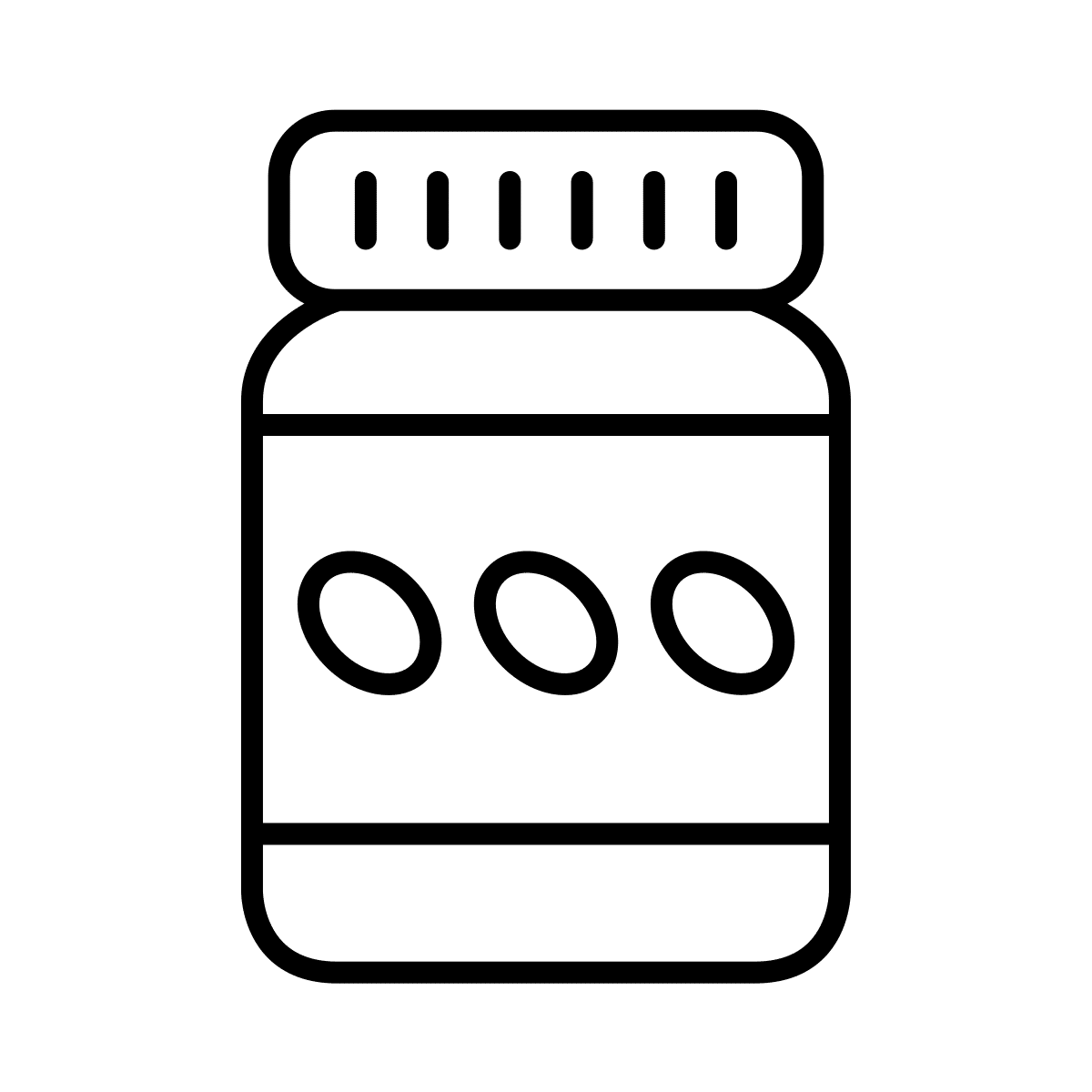As white label app development becomes more popular, let’s look at the pros and cons, and how your ecommerce agency can build the best white label apps for clients.
No matter what corner of e-commerce you look at these days, ecommerce apps are all the rage.
It just isn't enough to have a mobile responsive website anymore. Big business or independent store, with online shopping shifting to handheld devices, apps have become a critical requirement.
They eat up 90% of the time we spend on smartphones. Any e-commerce agency that wants to help clients move more products needs an app development capability. It's an absolute must.
But launching an ecommerce app can be costly and complex. Clients can balk at the price or get discouraged by the long timescales. Delivering a finished product isn’t easy. App developers are expensive and hard to recruit. Building out a dedicated team takes time and investment.
By white-labelling app development, you can extend your agency offering quickly without taking on overheads or adding headcount. It's faster than bespoke development too, typically progressing from chemistry meeting to go-live in weeks rather than months.
What are white label apps exactly?
If an app has been ‘White-labeled,’ it means it's been built by a third-party developer and re-branded and resold by another e-commerce agency.
White label app solutions come in different forms:
It might be a pure service where an e-commerce agency outsources development to a mobile app specialist.
It might be a pre-built application that’s re-configured and re-branded for each new customer and then resold.
More recently, white-label solutions have expanded to include SaaS platforms, that make it easy for agencies to add an app capability of their own.
For traditional e-commerce agencies, the white label model opens the door to huge opportunities – while avoiding the time, cost, and management headaches that come with running an in-house dev team.
Of course, there's downside to every upside. Let's take a look at the pros and cons.
The pros and cons of white label app development
Using a white label app building platform can have many benefits for e-commerce agencies. Instead of looking elsewhere for app development capability, clients can engage you for both responsive website builds and app development. It increases client revenue potential and matches the needs of modern shoppers.
-
The Pros
Broader portfolio
As an agency you’ll be better able to market trends and consumer behaviour, which is raising the bar for mobile shopping experiences — without investing in additional headcount.Fast creation
Building a bespoke app from scratch can take months and sometimes years. That’s time that could be better spent on marketing, building loyalty and improving user experience (UX). The longer the project timeline, the greater the likelihood that business needs will change and the brief will evolve. That raises the risk of scope creep and unanticipated delays.Easy maintenance
White label apps can help agencies sidestep the costs of ongoing maintenance like software updates, patches, and changes to product catalogues. Because the software is already battle-tested, glitches and performance issues have already been sorted. If you build an app with a SaaS platform, you can have maintenance and upkeep built into the monthly subscription.Respect for branding
White label apps wouldn't be much use if you couldn't alter them to reflect the end client's branding. The best white label apps can be designed to make them indistinguishable from a bespoke app.Proven technology
Good app developers who offer a white label app platform will be able to offer hardened technology that’s been built and improved based on years of market experience. They’ll also have extensive out-of-the box features. You get years of development for the cost of a monthly plan.Extra revenue
Adding app development means added revenue, deeper client relationships, and a stronger portfolio. Apps perform better in terms of sales volume and conversion, so clients will achieve better metrics too.
Choose your white label app builder partner wisely, as the results will impact your relationship with the client. Pick the wrong technology or decide solely on cost, and you’ll pay the price later. Here are a few key qualifying questions to ask when selecting a white label partner:
-
The cons
Will it scale?
Because they’re pre-built, scaling white label apps for a growing customer base can be difficult. As a business grows and transaction volumes increase, the app has to be able to handle the traffic. The wrong white label app platform with an inflexible code base might break under pressure. Make sure they have a viable proof-of-concept in e-commerce.Can it be customised?
Depending on the white label option you choose, there may be limits to how much customisation can be achieved. A less flexible vendor may only have limited templates to work with, or make the cost of adding ‘off menu’ features prohibitive.Who owns the data?
Whether it's built by an offshore developer or with an SaaS platform, after launch, customer and transaction data will typically be stored in the cloud. Regulatory regimes like GDPR can make this a sensitive issue. Whatever the rules are, customers and end users will need clarity about where their data is being held, how it's being protected, and who has ultimate control over it.
You can prevent these con’s by working with the right white label app builder or agency. Go for proven tech and ask for references that are specific to your industry or product category.
How to develop award-winning white label apps for your clients
01 Respect the end customer
Building a white label app is like creating a new product — you need to think hard about what end customers want, and how the product will make their lives easier or solve a problem.
So use the techniques of traditional product development. Create marketing personas that represent the client’s ideal end-customer, and use it to model what their needs and interests are. Personas should be based on market research. Ask clients to share their aggregated data around customer demographics and other characteristics, and use it to build an ecommerce app well-suited to that audience.
02 Laser-in on branding
Regardless of who builds it, every client will want to make their ecommerce app their own. The ideal white-label app should be flexible enough in design and configuration to reflect client brand guidelines to the letter.
That means more than fonts and hexes. Every app you build will require a level of customization driven by the needs of the client’s end customers and service commitments.
Understand brand and tone of voice guidelines in detail before you start building anything, and look to harmonise look & feel with the client’s other online channels and marketing materials. The ecommerce app should support a cohesive brand identity that's recognisable wherever it appears.
03 Know what else is out there, and beat it
When you’re building a white label app for a client, look at the most popular apps in the sector or category to understand what constitutes current best practice.
Can you match their capabilities, offer the same functions, stay level with industry standards? Better yet, can you identify gaps and leapfrog over the competition? Dig deep and find a customer need that hasn’t been addressed.
04 Be clear about ROI
If you’re in discussions with a client about app development and want to close the deal, providing reliable ROI measures can be the clincher.
Start by sharing industry statistics that show apps have 3x higher conversion than mobile websites, generate more return visits, promote loyalty, and have a higher average order value.
Check out our blog post oncalculating app ROI for more tips on building the business case.
Pick the right white label partner program
With demand for mobile apps surging, any delay in response to an RFI could send clients looking elsewhere. Reselling a white label app solution helps keep their budgets where they belong — with you.
At JMango360, we've built a white-label SaaS solution that lets you outsource app development and still own it. Our platform creates it, but you maintain full control of the process, including what you charge your client. With us you can develop native apps AND the ‘next best thing in ecommerce’: progressive web apps, for both B2C and B2B businesses.
We get how important it is to protect your client relationships. And we know how important mobile is to e-commerce sales growth. If your agency needs to build out a robust and cost-effective app development offer, our white label platform can turn you quickly into a one-stop-shop for all your client needs:
It integrates with whatever e-commerce backend your clients currently use. A simple but powerful plugin syncs all content and settings to the app automatically, reflecting changes and updates instantly in the app.
An intuitive drag & drop interface makes customising the design a snap. Colours, logos, half-tomes and typography can all be adjusted to meet the client’s brand guidelines.
Choose standard out-of-the-box features or opt for added features and further customisation. Our white label app builder flexes for clients of every size.
Are you thinking about a white label app solution? Choose a partner who will be there to help you through each step of the journey. Get in touch with JMango360 today.








